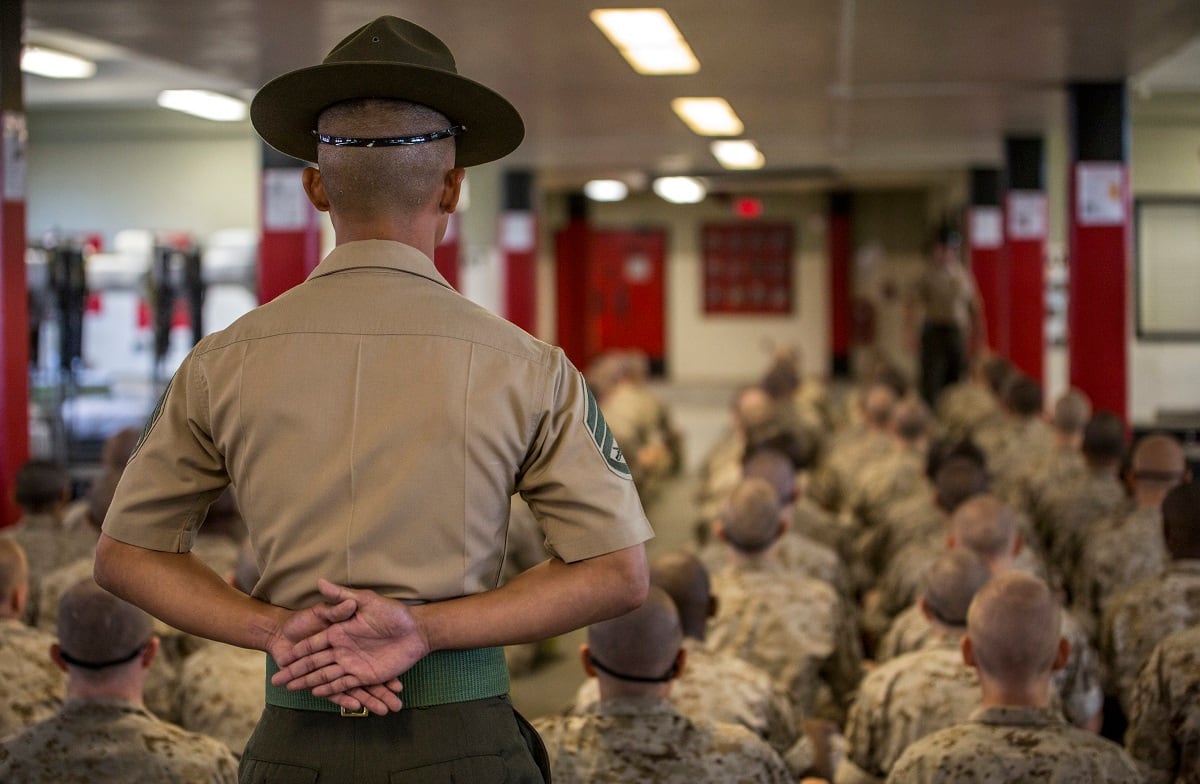In the last two weeks, House lawmakers have proposed huge increases to junior enlisted pay, monthly bonuses for those servicemembers to help deal with inflation, and new reforms to boost housing and assistance stipends to ensure their families don’t face financial struggles.
But even more proposals for those troops may be on the way in months to come.
The Republican-controlled House Armed Services Committee’s new quality of life panel — announced at the start of this year — is set to begin public hearings and site visits next month, according to its chairman, Rep. Don Bacon, R-Neb. The 11-member group is expected to work throughout the summer and fall on a host of military personnel and families issues, with an eye towards policy recommendations early next year.
In a sit-down with reporters this week, Bacon said the top focus of the panel would be an examination of junior enlisted pay, and whether wages given to those troops are enough to ensure stability and morale for their families.
RELATED

“We need to verify how much of a problem this is, find out how many are on food stamps, and look at what we need to do to fix that,” he said. “What are the possible remedies? That’s one of the first things I want to jump on.”
Bacon plans at least two public hearings a month from the panel, with witnesses including Defense Department officials and outside advocacy groups. Other topics of focus will include military housing costs, health care access, spouse employment and daycare availability.
But the junior enlisted finances focus underscores promises over the last year from House leaders to look out for the lowest-paid service members, and find ways to relieve stress that could distract them from their military responsibilities.
Currently, enlisted troops just out of boot camp earn roughly $22,000 in base pay their first year. Depending on how quickly they advance in rank, they can make more than $33,000 within their first three years.
Those totals don’t include additional financial help such as housing stipends (which can almost double troops’ pay, depending on where they are stationed) and free medical care. Still, lawmakers have noted that while federal minimum wage pays government contractors at least $31,000 annually, thousands of troops don’t receive that much in basic pay.
RELATED

The full House Armed Services Committee is scheduled to consider its draft of the annual defense authorization bill on June 21, which includes language providing monthly bonuses for troops E-6 and below. The exact amounts would be determined by Pentagon officials after passage of the legislation, but the idea is to help shield troops from some of the negative effects of rising inflation costs.
Committee lawmakers also want to bump up housing stipends and reconfigure rules regarding the Basic Needs Allowance, which provides extra financial help to military families living at or near the federal poverty line.
Meanwhile, the House Appropriations Committee on June 15 advanced its defense spending plan for fiscal 2024 which includes an overhaul of the military pay tables for junior enlisted service members.
Under the plan, even the lowest-ranking troops would make at least $31,000 annually in base pay annually, and individuals up to E-5 would see increases in their take-home wages.
In a statement, Rep. Ken Calvert, R-Calif. and chairman of the appropriations committee’s defense panel, said the new pay scales will “take a big step towards relieving some of the financial stress felt by service members and their families, as well as helping our services meet their recruiting goals.”
Whether either of those ideas will survive congressional negotiations is unclear. Both bills also include a host of controversial provisions regarding Defense Department diversity training, LGBTQ outreach and abortion services.
But Bacon and Rep. Chrissy Houlahan, D-Pa. — who will serve as ranking member — said if those kinds of ideas don’t survive political fights this year, they’ll look to push them forward again early next year.
“These moves could be expensive,” Bacon said. “This could take several years to get done. So we’ll just take one thing at a time.”
Leo covers Congress, Veterans Affairs and the White House for Military Times. He has covered Washington, D.C. since 2004, focusing on military personnel and veterans policies. His work has earned numerous honors, including a 2009 Polk award, a 2010 National Headliner Award, the IAVA Leadership in Journalism award and the VFW News Media award.





